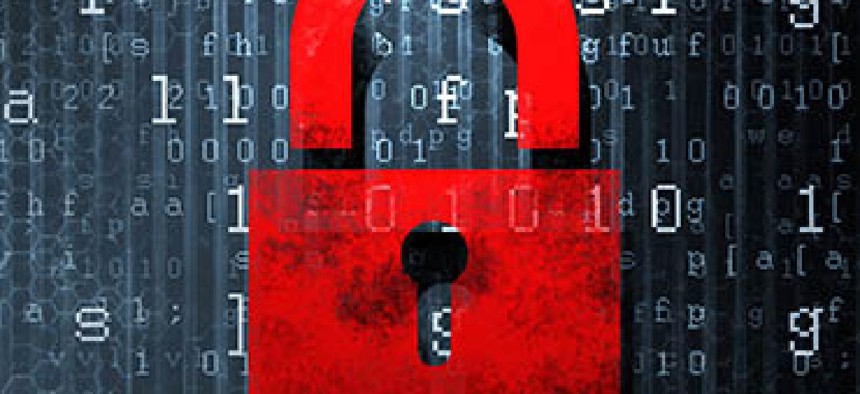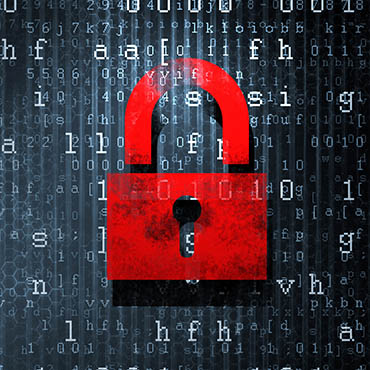DHS warns on old SAP vulnerability

US-CERT issued a warning about a five-year-old SAP vulnerability that could still be a problem in unpatched systems.

An old SAP vulnerability is still affecting dozens of organizations worldwide, according to an alert from the Department of Homeland Security's U.S. Computer Emergency Readiness Team.
On May 11, US-CERT said at least 36 organizations have been affected by an old SAP vulnerability, and security researchers at Onapsis have discovered indications that the weakness has been exploited.
Although DHS said the vulnerability was patched in 2010, it "continues to affect outdated and misconfigured SAP systems." In a May 11 threat report, Onapsis recommends that SAP users review whether the patches are in place.
The DHS alert did not provide details on the affected entities, but the Onapsis report states that they are located in or co-owned by corporations in the U.S., United Kingdom, Germany, China, India, Japan and South Korea. They include companies in the oil and gas, telecommunications, utilities, retail, automotive and steel manufacturing industries.
The vulnerability is related to the Invoker Servlet, a built-in functionality in SAP NetWeaver Application Server Java systems. Onapsis said it collaborated with DHS and other relevant authorities to ensure that the affected companies were alerted.
SAP issued a statement in the wake of the US-CERT alert that, "The vulnerable component in question 'Invoker Servlet' was disabled by SAP in SAP NetWeaver 7.20 that was released in 2010. SAP has released patches to applications under maintenance and therefore, all SAP applications released since then are free of this vulnerability." A previously issued SAP security advisory instructed users of older versions of the software how to update their systems to eliminate the vulnerability, according to the statement.
The Onapsis report says the vulnerability indicators had "been silently sitting in the public domain for several years" on a digital forum registered in China. Although it could not correlate the information to state-sponsored cyber campaigns, Onapsis said, "We know for a fact that this is just the tip of the iceberg."
This story was updated May 12 to include comment from SAP.
NEXT STORY: Achieving holistic cybersecurity


